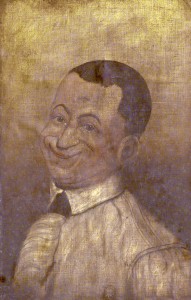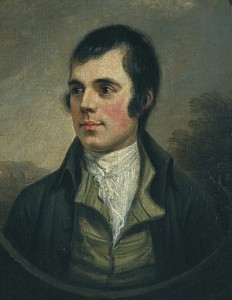REVIEW – Mike Leigh’s Peterloo
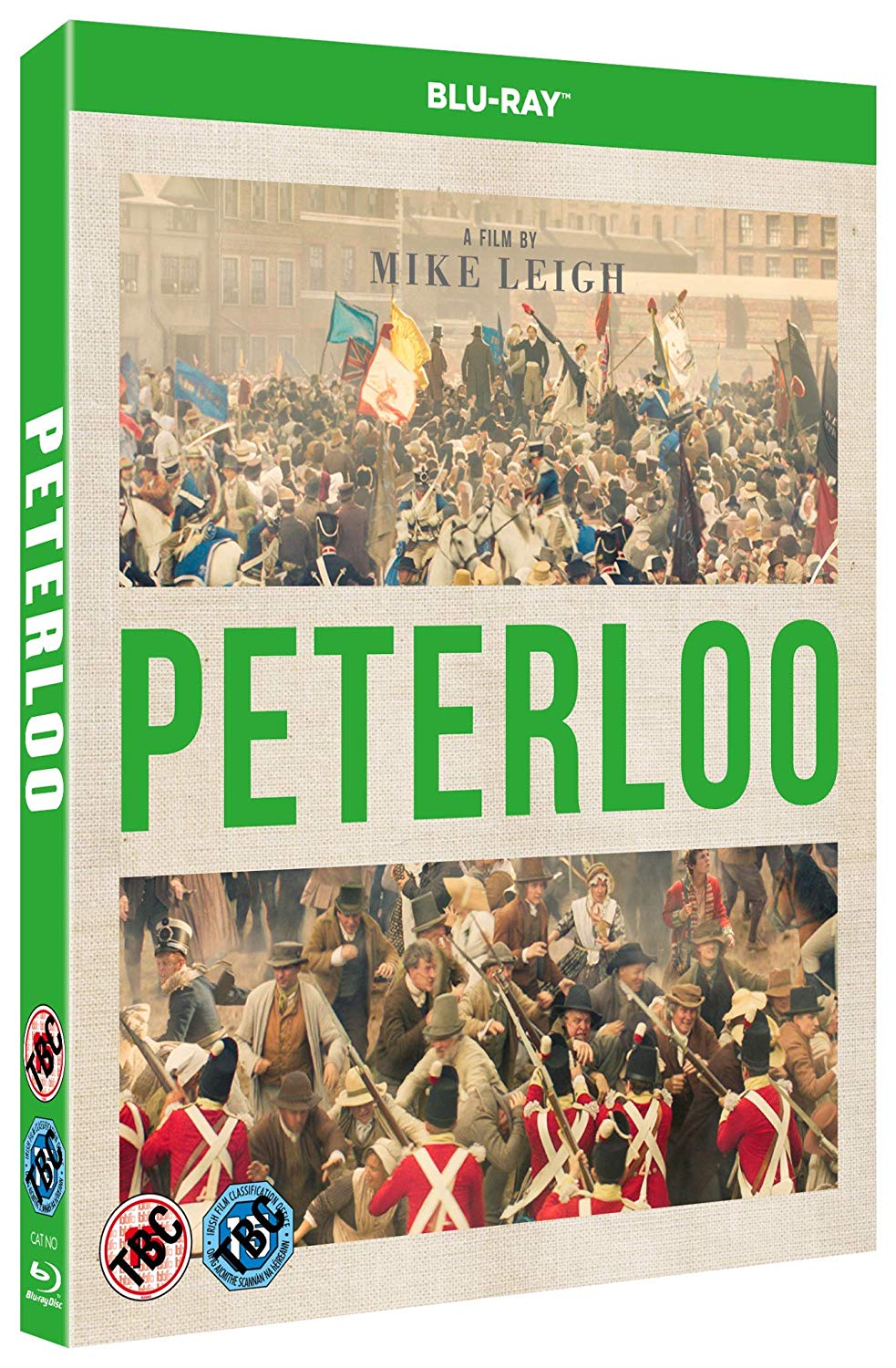
Now Available on DVD, Blu Ray and Digital Download
at Amazon.com
On 16th August 1819, 60,000-80,000 men, women and children gathered together in St. Petersfield in Manchaster for a peaceful protest and to hear the orator and political reformer Henry Hunt.
The local magistrates concerned by the gathering issued a warrant for the arrest of Hunt (and others.) In the execution of this warrant the Yeomanry and 15th Hussars charged into the crowd, but coming from different directions left no route for the gathered throng to disperse.
In the chaos, 15 people were killed and 400-700 seriously injured.
Read more »
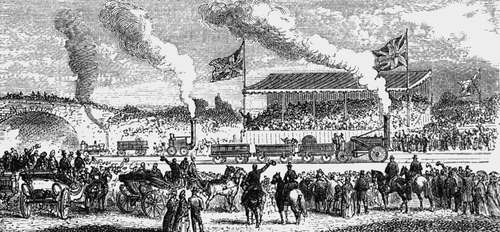
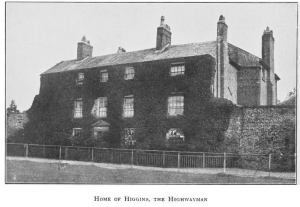 When Edward Higgins arrived in Knutsford in 1756 he took possession of a large house known as the Cann Office. To the local populace he appeared to be a man of high standing. He took to renovating the house and stables and bringing several fine horses, taking on two local youths as apprentices to his groom.
When Edward Higgins arrived in Knutsford in 1756 he took possession of a large house known as the Cann Office. To the local populace he appeared to be a man of high standing. He took to renovating the house and stables and bringing several fine horses, taking on two local youths as apprentices to his groom.